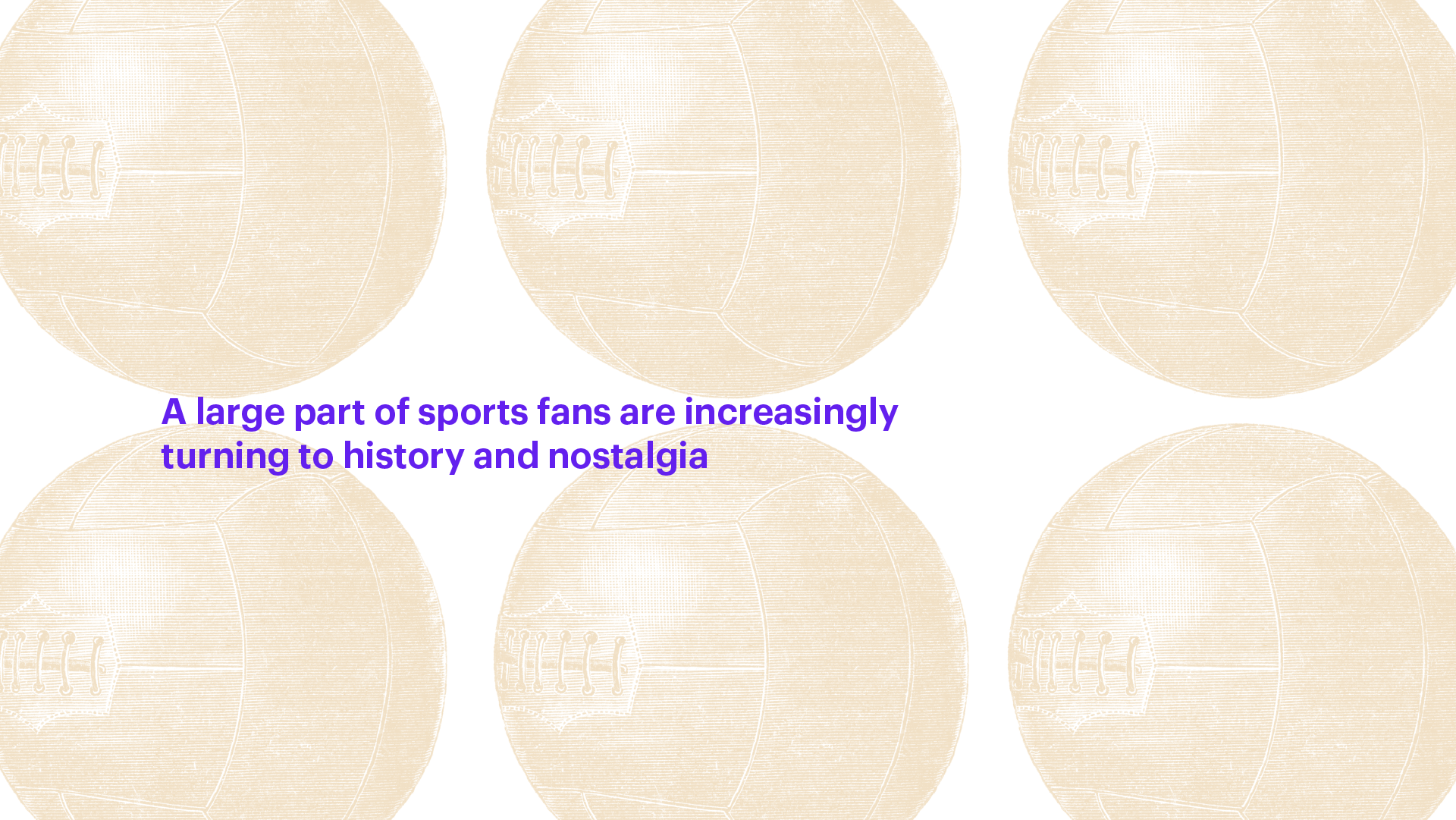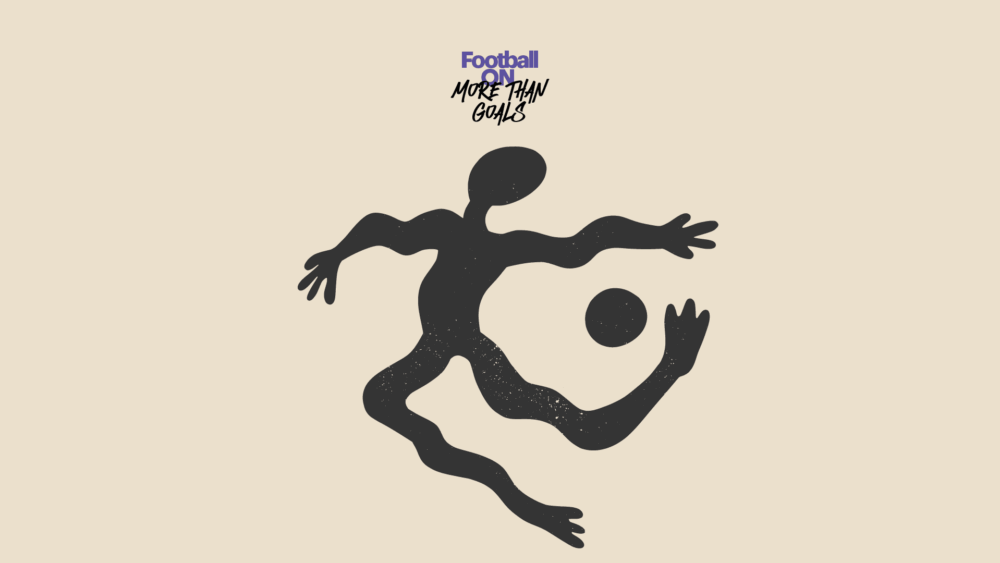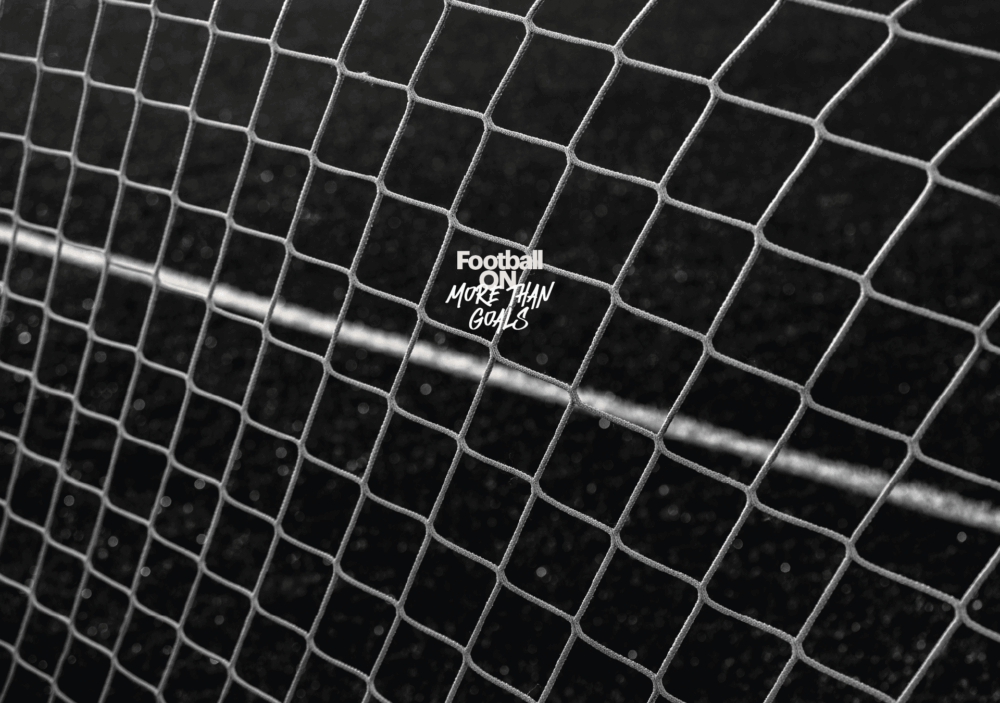
Andreas Economou: “A large part of sports fans are increasingly turning to history and nostalgia”
Andreas Economou is author and publisher of Belle Epoque. He participates in the FootballON: More Than Goals project of ETERON, talking about the book industry and football, the controversial side of nostalgia and the criteria for selecting and publishing books among the many candidate titles.
Belle Epoque has distinguished itself for publishing sports books, and especially football books. How would you characterize the field of football book publishing in Greece today? Is there interest from the public?
I think that as time goes by, even greater interest is being generated among the public for football (and more broadly sports) publications in Greece. A large part of sports fans is increasingly turning to history and retro, through books such as those of Belle Epoque and other publishing houses. Possibly, the pathologies of professional sports – with corruption, opacity and propaganda reigning – have turned a part of the public to other, distant eras, where more romantic conditions prevailed.
Of course, at this point there is the danger of exaggerating about the old times, that is, the complete devaluation of today’s achievements and progress with statements like “those good times will never return”. However, I think that the lesson of history should aim at the exact opposite: in the effort to highlight the beauties of the past so that we can claim new ones for years ahead.
What are the biggest challenges facing a publisher of football books in Greece?
The biggest challenge concerns the financial aspect. The cost of publishing a book is high, since the cost of raw material is constantly rising. And this happens disproportionately to the price of the book, which to a certain extent remains steady (it could not happen otherwise in today’s era, with the financial hardship that every household faces). As it has been observed in the last two or three years and at major Book Festivals, the reader is now much more selective in the book he decides to buy.
Consequently, dozens of “candidate” football book titles may appear, which may seem interesting to a publisher, but inevitably, in the end, those that are most commercial – or at least not loss-making – are chosen.
Another challenge is the fear that is sometimes caused by the revelation of unknown or forgotten facts and stories. As is the case in the media, so too in the publication of football books, there are topics that a publisher hesitates to touch. For example, it goes without saying that a book that bears strong criticism about something will automatically be sided and possibly will not be broadly featured in the media.
Belle Epoque emphasizes the history of Panathinaikos in football, but it has also dealt with topics related to mental health. How do these two thematic pillars connect to each other?
We started with our great love, Panathinaikos. We already had the writing and research experience when we founded Belle Epoque, and at the same time, we had built a strong base of readers who were thirsty to learn the history of the club. Therefore, the foundations were quite solid to make this start.
From the beginning, however, we knew that by making the decision to create a publishing house, we were given the opportunity to give life to other works as well, outside of sports, that intrigue us. For several years now, we have been deeply interested, on a personal level, in Albert Ellis’ Rational Experiential Psychotherapy (REBT), as it is a subversive method that has helped millions of people around the world to definitively overcome all kinds of mental difficulties. And at the same time, it is not yet that widespread among the Greek public. Having the chance to know and consider as a friend the psychologist and psychotherapist Dimitris Katsikis, the man who has studied Ellis’ life and work like few others, we could not help but collaborate with him.
Regarding the selection of the books you publish, according to what criteria do you choose them?
We want to take slow and careful steps. This means that we inevitably reject many titles that do not meet our quality standards. The main criterion, therefore, is our personal aesthetics. If a book excites us while we read it, if we understand that behind it there is real research and not a compilation of what has been written before, if it has something to offer to the reading public, then it appeals to us. To begin with, we choose titles that cover the three fields in which we have opened up: Panathinaikos, sports history, and REBT psychology. Our goal is to slowly expand into other fields, with music being the one that excites us the most.
In addition to books, Belle Epoque has also published other products, such as diaries, albums and comics, with sports themes. How did this choice come about?
The truth is that it all started like this: with the graphic novel “1908”. One of my biggest concerns was the transmission of Panathinaikos’ values to the younger generation. So when we met the illustrator Petros Baltas, we realized that a great opportunity was opening up before us, to offer the younger generation the “green” history in an enjoyable way.
Now, with a new illustrator, Konstantinos Nektarios Koletsos, we have hopefully reached seven volumes, the theme of which begins in 1906 and ends in 1930. As we are informed by parents, the younger friends of the club are excited about the series, which gives us immense joy to continue.
As for the albums, they were the ideal way to utilize hundreds of rare and unpublished photographs of Panathinaikos, which are in our possession. Through the images, the reader is given the opportunity to travel to nostalgic times, in a different – but equally exciting – way than the one offered by words.




